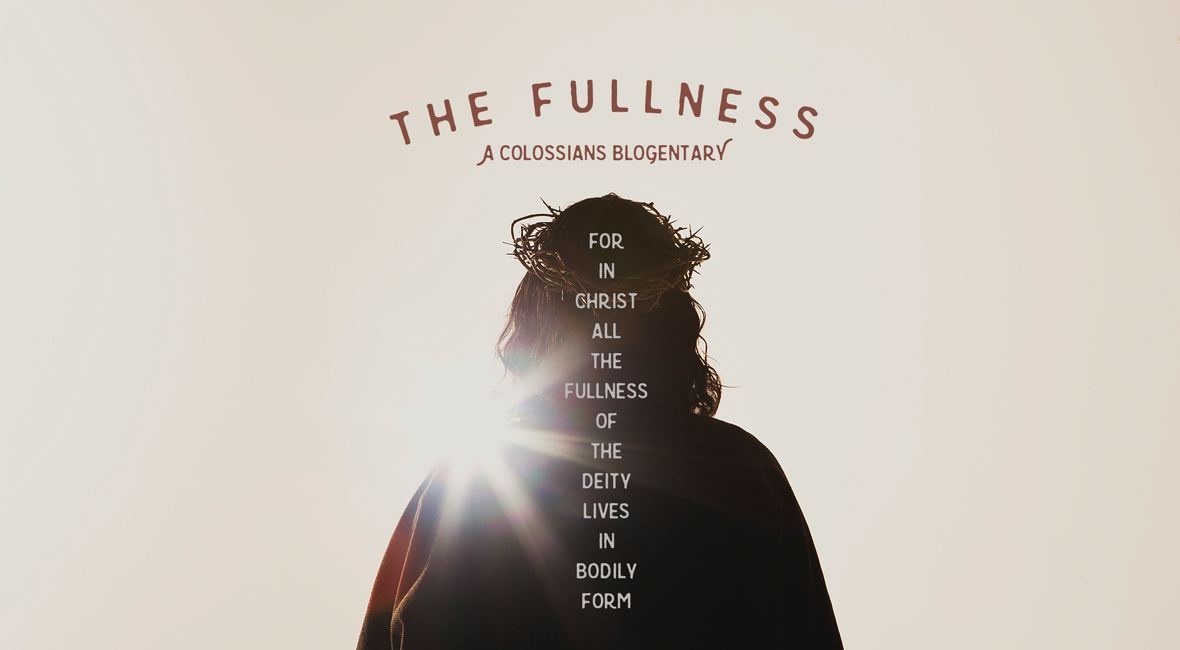Note: Unless otherwise indicated, all Scripture quoted in every post is taken from the NIV 2011.
Paul’s Greeting – 1:1-2
1 Paul, an apostle of Christ Jesus by the will of God, and Timothy our brother, 2 To God’s holy people in Colossae, the faithful brothers and sisters in Christ: Grace and peace to you from God our Father.
This is a fairly standard opening to Paul’s letters, and follows the custom of the time. There are a couple of interesting things about this greeting, however. In his letters, Paul changed the customary Greek greeting (charein) to “grace” (charis), and he added the customary Jewish greeting of peace (Hebrew, shalom; Greek, eirana). Thus, we get “grace and peace” in many of his letters. This is a small, cultural change that reflects a deeper theological reality: Christians are people of grace and the true God is a God of grace. Our world is redefined by grace, so much so that it changes the way we communicate with each other down to the most mundane details. “’Grace’ pointed the readers to the basis of their new life in Christ, as well as the state of grace in which they were to conduct their lives.”[i]
Paul calls God “our Father,” and immediately afterward calls him “the Father of our Lord Jesus Christ.” There is significant, if unspoken, meaning for our relationship with Jesus here. Moreover, it is clear that we are to understand our relationship with God as familial – he is our Father and we are his children. This is a radical departure from the way the Colossians related to the Roman gods they worshipped in their old, pagan way of life. Though it was possible for a pagan to call Zeus or Jupiter his “father,” what that meant was that he owed everything to the god. But for the Christian, God the Father has given everything to, and especially for, him. Not only do Christians have a family-based relationship with God, they also are brothers and sisters of one another. God’s holy people, in Colossae, Ephesus, or wherever, are his personal family, bound up together in Christ.


